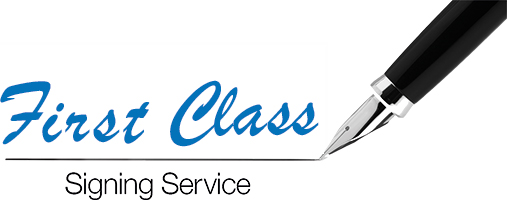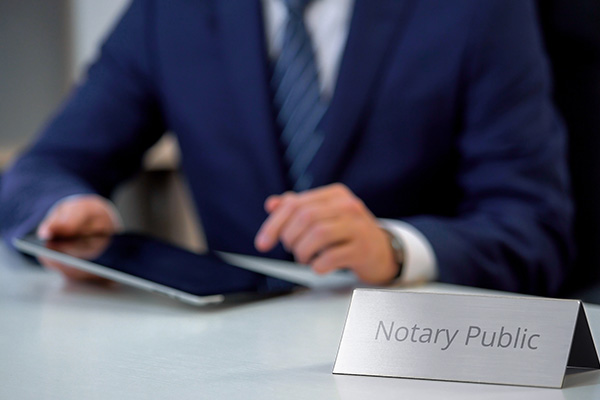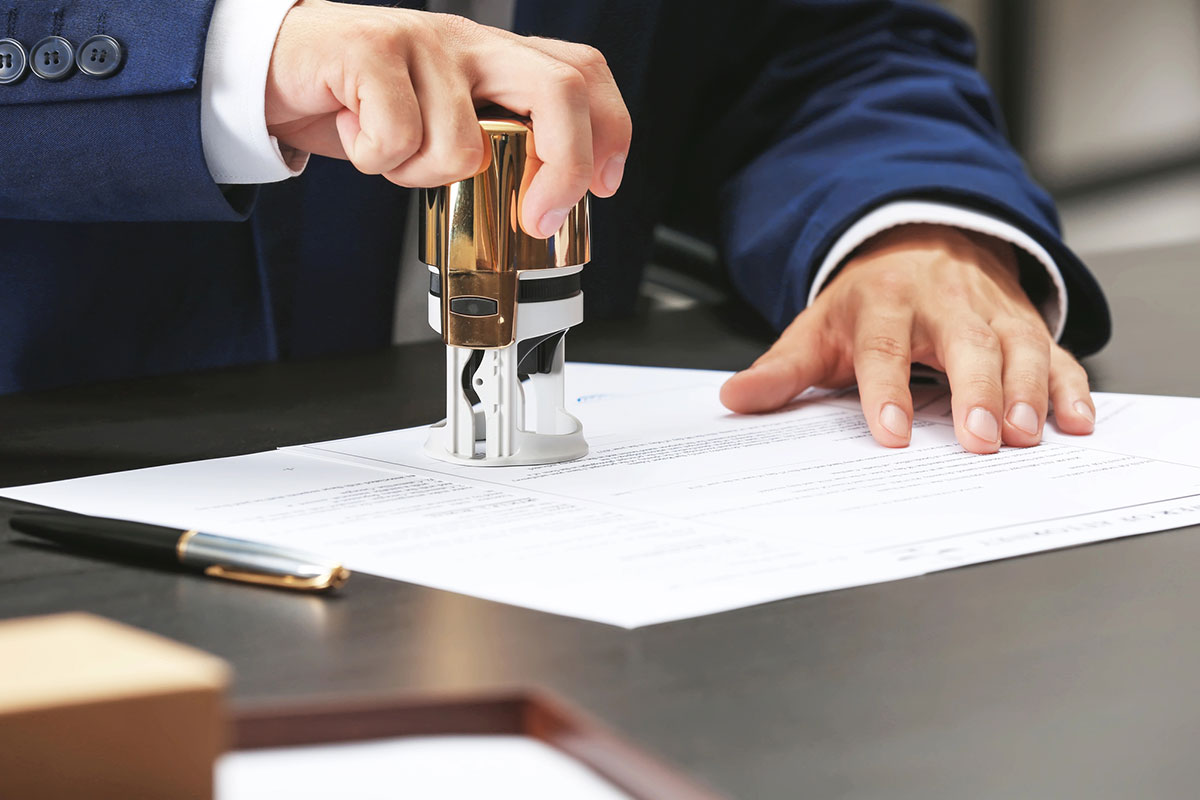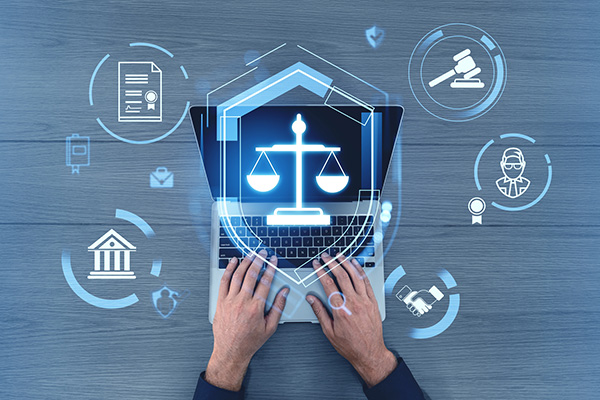The history of remote online notarization (RON) in the United States dates back to 2011, when Virginia became the first state to allow it. Montana followed suit in 2015, then Nevada and Texas authorized RON in 2017. Today, all U.S. states except three (Texas, Tennessee and South Dakota) allow some form of RON, and the practice is widespread in many different sectors and industries.
However, many people still have reservations about RON, expressing various concerns about data security, fraud protection and document authenticity. Read on to learn how RON processes have actually proven to be more secure than traditional notary methods.
What Is Remote Online Notarization?
Traditional document notarization requires all signing parties and a notary to gather together in the same room. RON eliminates the need for physical travel by conducting the notarization process entirely online. While both traditional and RON notaries perform the same essential functions to verify and certify documents, RON requires notaries to use different techniques and tools.
Working through highly secure online platforms, RON notaries lead audiovisual conferencing sessions with signers, verify the identity of these signers using government-issued IDs and authentication checks, witness the electronic signatures of signers, and apply tamper-proof digital seals to notarize documents.
Due to its extreme convenience, efficiency and accessibility, RON is an increasingly popular notarization option for businesses and individuals alike. Knowing that it is just as safe and effective as traditional notarization, people are gravitating toward RON in large numbers.
Security Measures in Remote Online Notarization
Beyond checking government-issued IDs using advanced software and cross-referenced databases, RON notaries conduct the notarization process through live video conference, which allows them to directly observe the demeanor and behavior of participants for personal consistency and procedural compliance. This careful observation is one of the greatest weapons that notaries use to fight against fraud. RON notaries also commonly employ digital facial recognition and other biometric-driven identity verification protocols.
In addition to accurately confirming the identities of signers, RON notaries must protect the sensitive personal information that those signers provide during the document signing and notarization processes. Encryption plays a critical role in protecting data during RON exchanges between signers and administrative parties, while digital signatures and notary seals timestamp and authenticate documents to prevent tampering and fraud.
Comparing Online and Traditional Notarization Security
AES-256 and other forms of heavy-duty encryption have done wonders to assuage public fears about RON fraud. By protecting against cyberattack, encryption renders RON documents just as secure as traditional documents with physical notary seals. After all, criminals can also gain access to paper records in manual storage and use them with malicious intent.
In terms of document integrity, the electronic documents (e-documents) used in RON are often more trustworthy and secure than their paper forebears. Advanced digital protocols and tools, such as electronic signatures (e-signatures) and digital certificates, support and substantiate e-documents in different ways. E-signatures replace standard ink signatures, while serving the same permanent identification and endorsement purposes. Protecting and authenticating communication and data exchanges (including those involving e-documents), digital certificates act as credentials for specific websites, internet equipment and internet users.
Addressing Common Concerns About RON Security
Despite the overwhelming majority of U.S. states deeming RON documents legally compliant, many people still have lingering questions and concerns. Here are just a few of the most common worries and false assumptions about RON:
Does RON Increase the Risk of Fraud?
For all the reasons listed above and more, RON has proven to be more secure than traditional notarization methods.
Can RON Detect Coercion or Duress?
Because people can easily imagine a person just off camera coercing someone to sign a document unwillingly, RON has been falsely associated with agreements that might be made under duress. In truth, the compressive nature of RON audiovisual monitoring makes this much-feared scenario highly unlikely. While it might be true that RON cannot detect more subtle forms of coercion, the same thing holds true for traditional forms of notarization.
Are Documents Secure From Tampering?
We have already discussed the immense power of e-signatures and digital certificates to keep RON documents secure from threats of fraud. Another common protocol that protects RON documents is the application of a digital notary seal. Often rendered as a PNG graphics file, these seals replace traditional notary stamps and are equally tamper-proof.
The Legal and Regulatory Framework for RON
Because notarization, as a whole, is governed at the state level, specific RON rules and regulations can differ significantly in each of the 47 states that support it. Furthermore, notaries must hold commissions to practice within their state of residency. In some states, notaries hold commissions at the county level and face intrastate jurisdictional limits.
Secure Reliable Remote Notarization
To learn more about RON and the security measures that support it, contact First Class Signing Service (FCSS) today. If you need a notary without the hassle, a FCSS RON expert can walk you through the entire notarization process, allowing you to authenticate and verify important documents from the comfort of your own home.
Need a Signing Today?
First Class Signing Service’s home office is in Livermore, California, but we pride ourselves on delivering all-in signing solutions to clients nationwide, covering all 50 states and four U.S. territories.
What sets us apart is our exceptional team of 50,000-plus highly qualified signing agents who are dedicated to providing reliable and efficient signing services with utmost care and professionalism.





